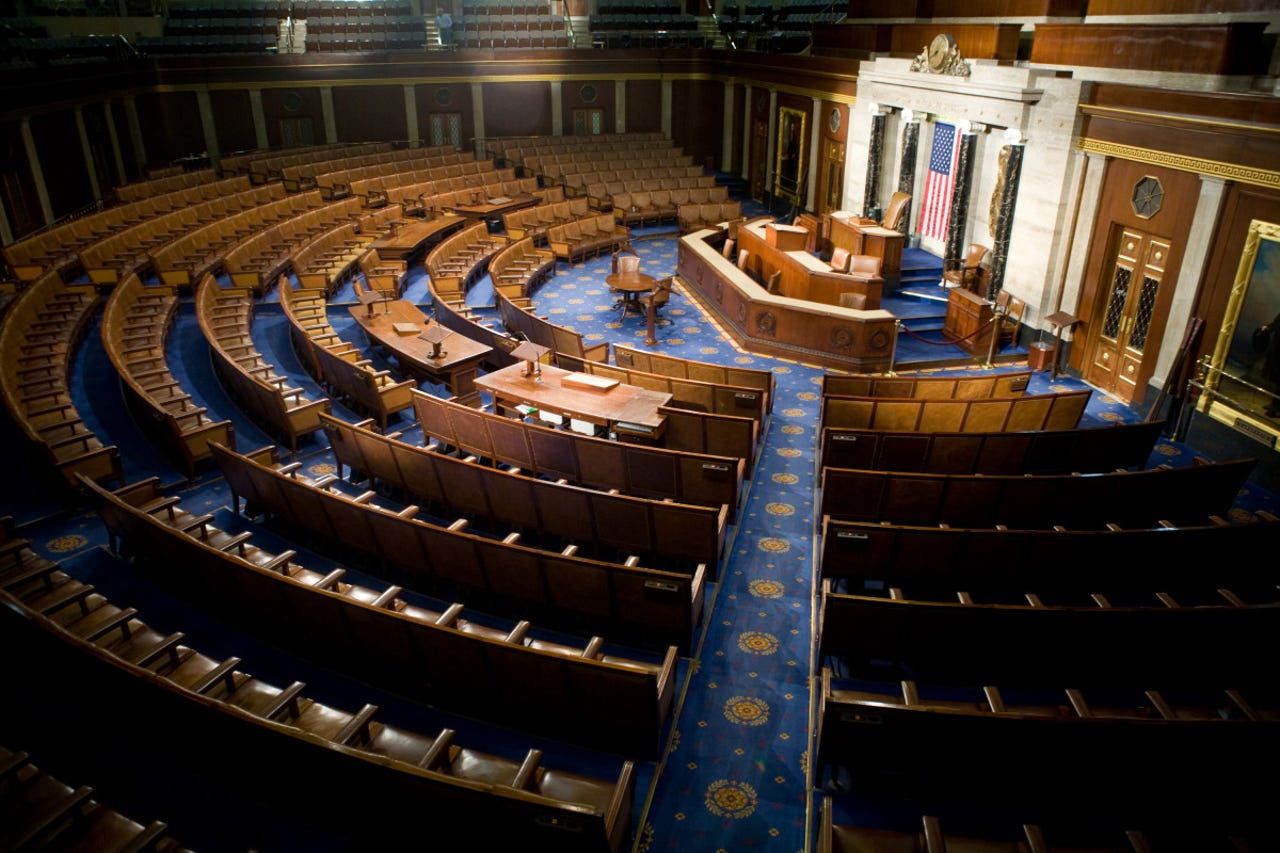Freedom Act will kill only one of the NSA's programs (and not even one of the worst)


The Freedom Act, seen as a final attempt to reform the US intelligence community before a controversial legal authority expires, will not in its current form stop the worst surveillance.
The group of bipartisan lawmakers in both houses of Congress are working day and night to pass the bill, ahead of the expiry of key provisions in the Patriot Act on June 1. The law has been used by the National Security Agency to force phone companies into handing over their entire stash of customer data for intelligence purposes.
Lawmakers say the bill will stop the program, which the government has called a "critical national security tool".
But that's the only program the bill will nix.
The Freedom Act will not have any effect on the controversial PRISM program, which is said to tap data directly from nine named Silicon Valley companies -- including email services, social networks, and voice providers.
The bill does not address in any capacity the other legal authorities the NSA uses, notably Section 702 of the Foreign Intelligence Surveillance Act, which permits the NSA to collect without a warrant Americans' international calls and emails. It also won't address Executive Order 12333, which one former NSA whistleblower called a "direct threat" to Americans' privacy.
The first clue of this bill's weakness, following its reintroduction for a second time in as many years, was that the US government said nothing about it. We didn't hear a peep out of Washington bureaucrats, intelligence agencies, or lobbying groups.
But when something ostensibly and meaningfully limits the intelligence community's collection powers, they raise hell.
Read more on ZDNET:
When Apple and Google said it would begin encrypting its customers' phones, there was uproar in the intelligence community. The FBI, the NSA, the now-former Attorney General Eric Holder, and members of Congress wanted the two companies to face sanctions.
As per The New York Times on Friday, officials at the NSA are said to be "hardly resisting" this bill because it would not considerably harm the agency's domestic surveillance powers.But there's been a rabble of rhetoric behind those going either way in supporting and slating the bill.
Although technology companies, including Microsoft, Google, and Facebook, threw their names behind the draft law, major privacy groups were left off the supporters' list. The Electronic Frontier Foundation (EFF) said the bill was a "first, small step" in the right direction, but it has "serious faults" that needed to be addressed. Similarly, the American Civil Liberties Union (ACLU) said in an emailed statement that the bill "does not go nearly far enough," adding that the country needs "wholesale reform."
The EFF said in a blog post Friday that it doesn't think a reform effort should wait until Section 702 comes up for renewal -- more than two years away. But, the group warned that this bill was essentially better than nothing in fighting bulk collection on Americans.
The bill is expected to be voted on later this week.